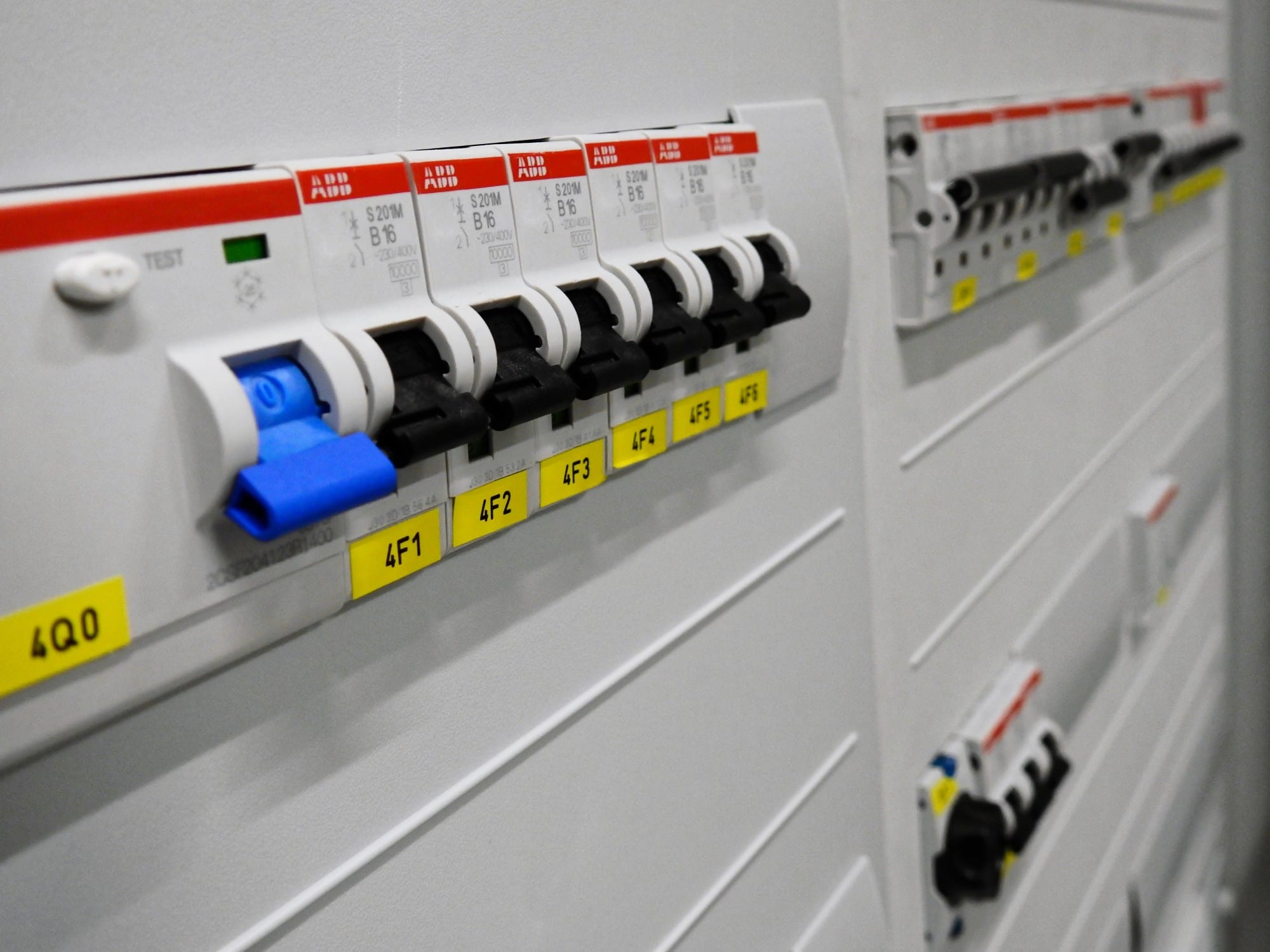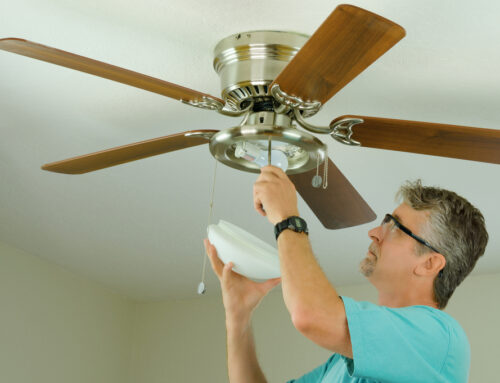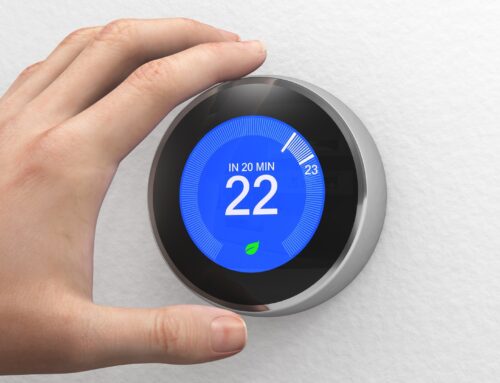Picture this: a thunderstorm approaches in the night. You’re sitting in your living room, watching tv when suddenly all the power shuts off. Darkness surrounds you.
You’ve seen this scenario enough in sitcoms to know you need to get to the circuit breakers to get the power back on. Or was it the fuse box? Does it matter what it’s called?
As it turns out, circuit breakers and fuse boxes serve very much the same purpose, but in different ways.
Fuse Boxes
A fuse box functions through the use of fuses, which are metal wires or filaments attached to the building’s wiring system. When an overload occurs, the fuse melts, cutting off the flow of electricity.
When the fuse melts, it must be replaced. Usually, the ones installed can handle slightly more than the normal electricity usage of the building. As such, there are a lot of different fuse boxes an electrician might encounter.
Circuit Breakers
Circuit breakers are the more modern, hip version of overload protection. When an energy surge occurs, an electromagnet forces a switch to flip, cutting off the connection.
This is done either through the movement of a metal lever within the mechanism or bending the metal strip. As such, instead of needing constant replacement during hurricane season, you can simply flip the switches back on.
There are also circuit breakers that act to prevent electric shocks, such as in bathrooms or kitchens.
Main Similarities
A current travels from a power source through the distribution box into all the appliances in your house. That box can be either fuse boxes or circuit breakers.
When there is a surge, both the fuse boxes and circuit breakers act to prevent damage. When that happens, the power to the building is shut off.
Main Differences
While they both serve the same role, the fuse box is self-destructive. When tripped, the fuse melts and cuts off the connection until it is replaced. Circuit breakers simply require switches to be re-flipped.
Why It Matters
When circuit breakers go faulty, it can be a major fire hazard. This is a usual risk for homeowners who don’t do routine checks of their electrical system.
Fuse boxes carry less risk since they must be replaced more often. But they can’t be turned back on without a new fuse, which is difficult to do late at night in the dark.
Circuit breakers are more useful for your normal, daily needs, such as general home protection or in most businesses. Surge protectors also help to protect your devices.
Fuse boxes are quicker at cutting off the electrical surge, giving greater protection for more fragile devices or systems.
Assessing Your Home’s Setup
If the lights in your house are flickering, then you most likely have a problem with your electrical panels. You should seek help from an electrician as soon as possible.
Still not sure which of the two you have? Feel free to contact us via phone or email for a consultation.






